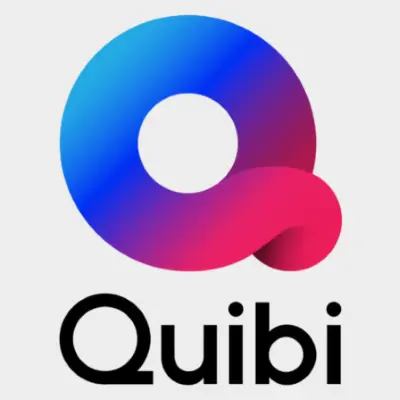Quibi is a vast wasteland overstuffed with celebrity mediocrity
-

"To call Quibi a brewing revolution isn’t right; it’s more like an attempted restoration," says Spencer Kornhaber, who spent a day and a half last week gorging on Quibi shows. "The bland hegemony of Viacoms and NBCs are exactly what social media and streaming video allowed consumers to escape in the 21st century. Network TV has long settled into structurally declining viewership as Netflix has pushed forward Hollywood’s most cynical ratings formats. Quibi represents an attempt to really commit to the theoretical next great leap for TV, one that streaming services have only nipped at: the meeting of quality and quickness. The one-hour drama and the half-hour sitcom are artifacts of fading formal constraints. If the masses could consume great TV episodes while standing in the Starbucks line—or now, in the time of social distancing, while waiting for the nightly pasta water to boil—why wouldn’t they?" But Kornhaber says there is no great TV on Quibi. "Thus far, Quibi offers a vast wasteland perhaps even more waste-strewn than the one millions of viewers have fled in the past two decades," he says. Kornhaber notes that what Quibi does have is a lot of celebrity mediocrity. "Celebrity mediocrity—a cultural constant even less cute than usual lately—is a huge problem for the platform," he says. "Big names might drive some sign-ups, but gawkers are unlikely to stick around when all their overexposed idols do is tweely narrate wildlife footage (Reese Witherspoon’s Fierce Queens), shoot guns at bulletproof SUV windows (Skrrt With Offset), or do one-joke meta-commentary on their own careers (Nicole Richie’s mockumentary Nikki Fre$h). The drag queen Sasha Velour shows off her avant-garde cabaret in Nightgowns, but gauzy editing gives it—like so many Quibis—a distinct air of advertorial. At some point Jacobin will need to spend an entire issue unpacking the late-capitalist propaganda of Thanks a Million, in which celebrities give cash to their less-fortunate acquaintances. Each episode is essentially a supercut of Publishers Clearing House ambushes, with the emphasis on the giver’s goodness rather than the receiver’s need...If the future of entertainment is to be fast and snackable, it shouldn’t so depressingly remind the viewer of last century."
ALSO:
- It would be easier to grasp the idea of Quibi if there was any tangible need for it: "We can already watch short video content on YouTube, TikTok, Instagram Live, and a slew of other platforms—and usually for free," says Kevin Fallon. "While it’s offering free trials now, the lowest Quibi price point will be $5 a month, with ads. That there’s now another new platform exploding with content to help pass the time raises the question of just how much time billionaire investors think we’re struggling to find ways to pass?"
- Quibi plans to let customers watch on their TV screens, possibly in the next six months
TOPICS: Quibi
